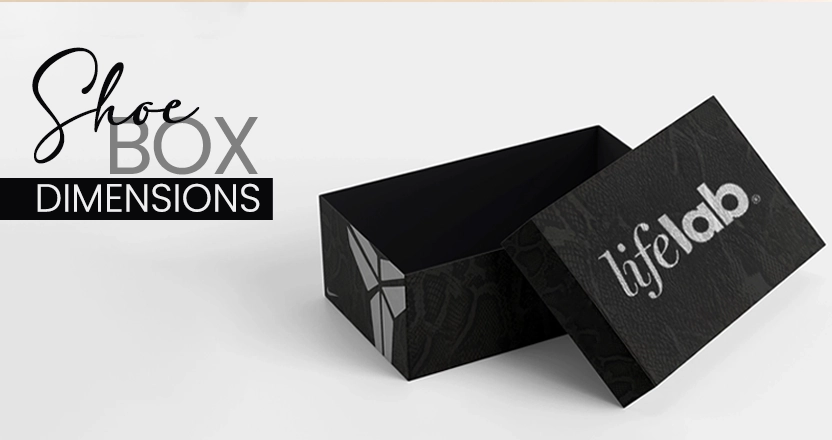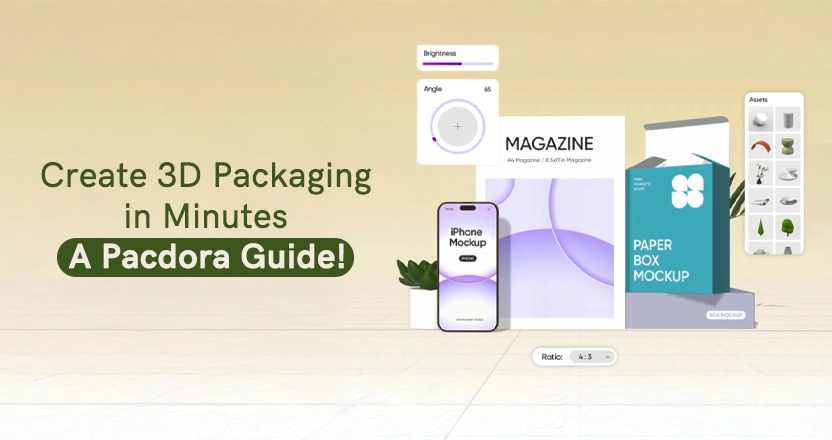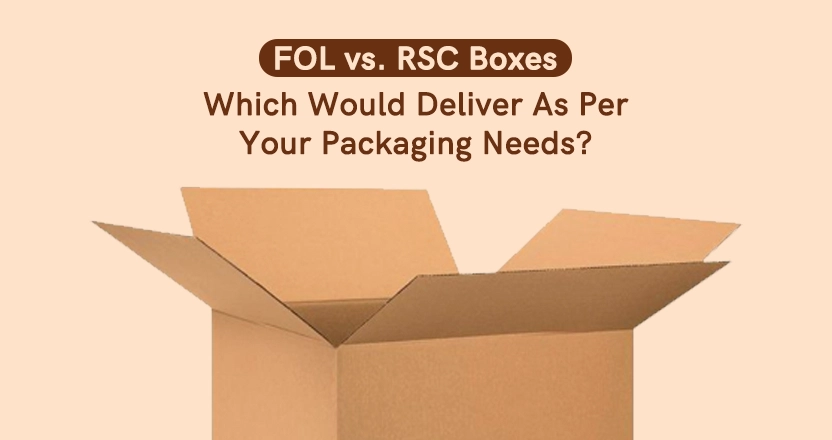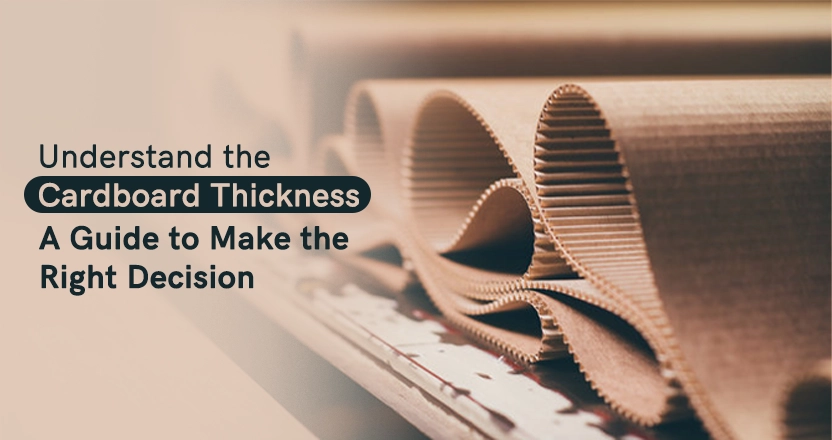Mylar bags serve as a reliable yet practical solution to protect your valuable possessions. They are quite famous for their ability to extend the shelf life of products. From food and electronic packaging to pharmaceutical and beauty products, mylar bags are highly adaptable. They come under the category of flexible packaging – which is known for its particular properties like resilience, moisture resistance, and protection from environmental factors. The applications of mylar bags vary, and their suitability depends on the features of the item being packaged.
Despite all the benefits they provide, they are useless if you don’t know how to fasten them up like a pro. In this guide, we will explore 7 effective methods to learn how to seal mylar bags.
Let’s create a secure and airtight seal to increase mylar bags’ resistance to tears and punctures.
Significance of Secure Seal on Mylar Bags
Wondering why it is crucial to ensure proper sealing of mylar bags? It’s necessary to preserve the integrity of the contents present inside them. Moreover, here are some other reasons why mylar bags should be meticulously sealed.
Protection From External Elements
Food, emergency supplies, medicines, and cosmetic products require optimal conditions to stay fresh up to a certain time period. After all, they are extremely sensitive to heat, temperature, UV light, oxygen, and moisture. Mylar bags with excellent resistance capabilities seem suitable for such packaging items that require top-tier safety.
Protection Against Contaminants
Prevention from cross-contamination is also important to preserve the nutritional value of the food. Airtight closure of mylar bags prevents the intrusion of contaminants, pests, and pathogens.
Cost Saving
Mylar bags are pretty common and affordable. If secured the right way, they minimize food spoilage, ultimately leading to waste reduction. This means you don’t have to throw away or replace your items as often, saving you money in the long run.
Extended Shelf Life
Effective sealing reduces the risk of deterioration, mold growth, and the development of undesirable odors in the contents of the Mylar bag. Thus, they increase the shelf life of packed items, making them a practical choice for preserving different kinds of foods.
Easy Handling and Storage
Mylar bags are lightweight, so it’s quite easy to handle and stack them during transit. Ease of storage minimizes the risk of damage, leakage, or spills, making them an impeccable alternative to expensive packaging.
7 Common Methods for Sealing Mylar Bags
In general, there are two primary ways to seal a mylar bag: heat sealing and vacuum sealing. Others are less prevalent and utilized in cases of low budget.
Heat Sealing
It is the most commonly practiced and favored type of sealing for a bag. This technique creates an airtight seal by using heat to melt the bag material on the edges.
Process:
- Prepare Mylar Bag
The item you want to store should be dry and moisture-free. Now, fill the mylar bag with the food or item you want to store, and make sure to leave some space at the top for sealing. Now squeeze the bag as much as you can to remove all the oxygen. If you are placing food inside the bag, don’t forget to add an oxygen absorber. It helps prolong the lifespan of the product.
- Seal the Bag
Time to preheat the heat sealer according to the manufacturer’s instructions.
Place the open end of the mylar bag between the heat sealer jaws. Apply steady pressure while holding for a few seconds to enable heat sealing. To achieve a complete seal, glide the heat sealer gradually along the edge of the bag. Further, lightly release the pressure and allow the sealed end to cool. One must repeat the same steps to seal other mylar bags.
- Test the Sealing
Once the seal cools, gently pull on the unsealed part of the bag to make sure it’s tightly closed. A good seal keeps air and moisture out!
Vacuum Sealing
Being an advanced version used for long-term storage of various items, it is ideal for oxygen-sensitive items. A vacuum is created inside the mylar bag to remove all the air, making optimal conditions for efficient food preservation.
Process:
- Arrange Mylar Bag
Fill the bag with the product you want to seal and leave enough space at the top to facilitate vacuum sealing.
- Use a Special Vacuum Sealer
Put the filled mylar bag into a vacuum sealer bag. This is specially made to be compatible with a vacuum sealer machine. Now, place the open end of the vacuum sealer bag into the vacuum sealing device. In the case of edible items, add an oxygen absorber to enhance the shelf life of food.
- Test the Seal for Confirmation
After using the vacuum sealer, closely check the seal for any signs of problems like edges not properly secured or air leaks. A well-done seal should be tight and firmly in place.
Let’s explore the other possible techniques for sealing mylar bags.
Clip or Clamp Sealing
Lock in freshness, seal for longer joy!
You don’t need any specific tools to secure the mylar bags, just the clips. All you have to do is manually attach them to the open end of the mylar bag. These clips are best to prevent your leftover chips, bread, or cereals from becoming stale.
Features:
- Simple
- Convenient
- Reusable
- durable
Ultrasonic Sealing
In this technologically advanced sealing method, we utilize the principles of ultrasonic energy to join two open ends together. The high-frequency vibrations create friction, which generates heat at the seal area for bonding. You can consider it of great use for temporary closure.
Process:
- Place the mylar bag part that needs to be sealed in the ultrasonic machine.
- Fuse the open layers of the mylar bag.
- No need to apply additional heat.
Zipper Sealing
Another style of mylar bags featuring built-in zipper closures, hence offering the convenience of easy resealing. Also, the zipper is heat-sealed during manufacturing. First, you need to connect the zipper to the open end of the mylar bag. Then, apply the heat to secure the zipper in place. Viola, it is done!
Features:
- Portable
- User-friendly design
- Ideal for sample packs
- Suitable for sensitive products
- Versatile storage option
Adhesive Sealing
This process involves the use of adhesive or glue to seal the mylar bag. The strongest adhesive to use is Loctite Plastic Bonder. This is a less common method and is employed for specific applications. Once you have applied adhesive/glue to the open edge of the Mylar bag, press the bag to ensure a tight, secure bond.
Features:
- No heat required
- Less production time
- Cost-effective
- Flexible method
- Minimal tool requirement
Impulse Sealing
It is a specialized form of heat sealing that uses short bursts of heat, reducing longer heat exposure. It is ideal for those products that need minimum heat to prevent the bag contents from being damaged.
Features:
- Quick sealing process
- Energy-efficient
- Compact design
- Affordable
- Wide range of applications
- Seal thick materials
Process:
- Activate the impulse sealer.
- Apply a controlled amount of heat.
- Make sure to keep the duration short.
- Check if the seal is firm.
Which Method Is Best For Your Business?
For effective mylar bag sealing, the preferred method is utilizing a heat sealer. This tool offers an efficient way to create airtight seals, ensuring the prolonged freshness of stored food items. Heat sealers come in diverse sizes and models, including handheld and tabletop versions. Therefore, it’s essential to confirm the width of the sealing element. Wider sealers tend to provide more robust and secure seals. Moreover, opting for a heat sealer with an adjustable temperature setting allows versatility in accommodating different types of mylar bags.
The choice of the best sealing method depends on the following factors:
- Type of equipment available
- Desired level of sealing integrity
- The intended use of the bag
So, consider your requirements and the needs of your application, then select the method accordingly.
Achieve Consistent Results with Half Price Packaging
Want to maintain the quality of your products without breaking the bank? Contact Custom Lane Packaging for exclusive discount offers on bulk orders. We provide top-notch custom mylar food storage bags to package your food products in the best possible manner.
Safeguard your supplies with our premium packaging solutions for unbeatable security!




















